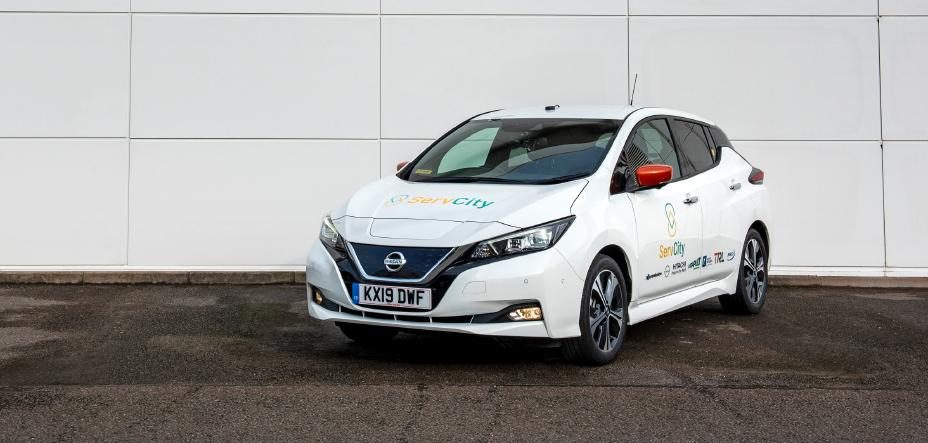A new autonomous mobility project has launched in the UK. Dubbed ServCity, its instigators say it is intended to help cities harness the latest autonomous vehicle technologies and successfully incorporate them into a complex urban environment. Through a combination of test simulation, end-user experience research and real-world trials, the project will seek to explore how cities can exploit the potential of future mobility solutions and accelerate their deployment. This will focus on three key areas: technology, people and scalability.
The project is jointly funded by government and industry; the UK government’s £100m Intelligent Mobility fund is administered by the Centre for Connected and Autonomous Vehicles (CCAV) and delivered by the UK’s innovation agency, Innovate UK. Over 30 months, five partners – Nissan, the Connected Places Catapult, TRL, Hitachi and the University of Nottingham – say they will work together to develop a blueprint that directly tackles the barriers to deploying autonomous vehicles in the UK’s cities.
The new undertaking will leverage experience and expertise acquired through the HumanDrive project. Completed in February this year, that project tackled autonomous driving on country roads and motorways, dealing with challenges such as roundabouts and high-speed country lanes with no markings, white lines or curbs.
Conducted with an electric Nissan Leaf EV, HumanDrive concluded with Grand Drive, the UK’s longest and most complex autonomous drive, from Cranfield to Sunderland (370km). Data and learning gathered during HumanDrive will be tremendously helpful in the completion of the new venture.


